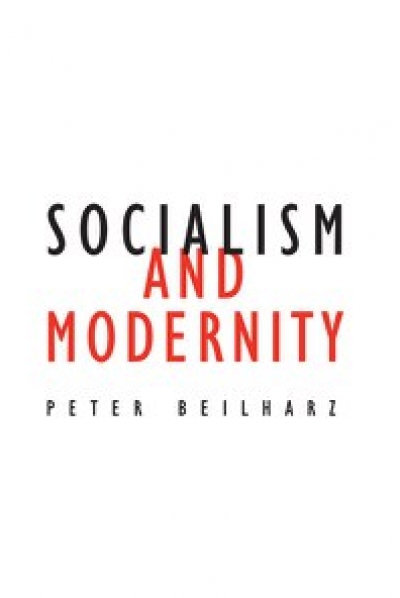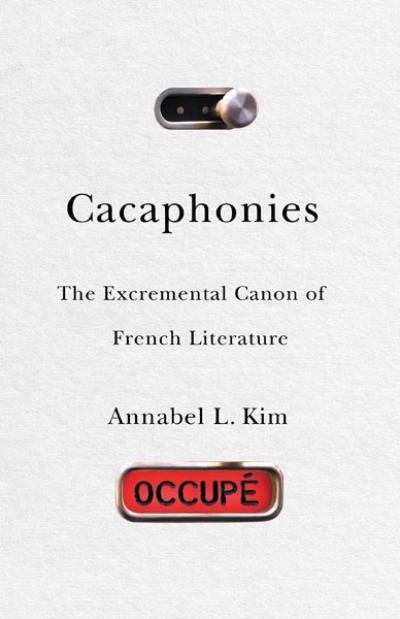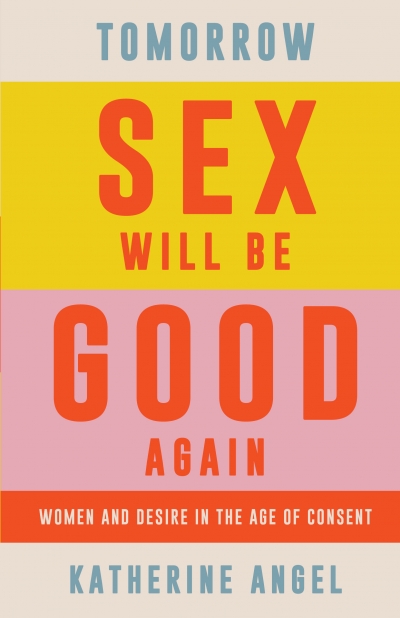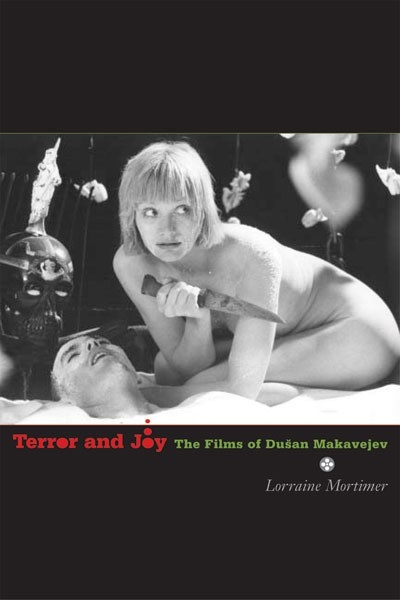The appearance of an idiosyncratic scholarly text addressing the work of a major European film-maker such as Dušan Makavejev is timely, given our increasingly fraught condition as subjects of a world that becomes more convolutedly politicised with every nanosecond. This is a highly political and indeed humanist analysis of a significant body of cinematic work.
Lorraine Mortimer’s introductory assertion that Makavejev’s 1960s and 1970s work is ‘an international touchstone of radical, transcultural and political cinema’ sets the bar high. Mortimer – an academic at La Trobe University – goes on, in this thoroughly researched and heartfelt study, to set an even more daunting goal for herself, stating that her aim is to examine Makavejev’s films ‘historically, locally, politically and aesthetically, highlighting [no less than] their implications for our understanding of the contemporary world’. This is quite a claim, yet, by and large, Mortimer’s text keeps to its word.
...
(read more)




